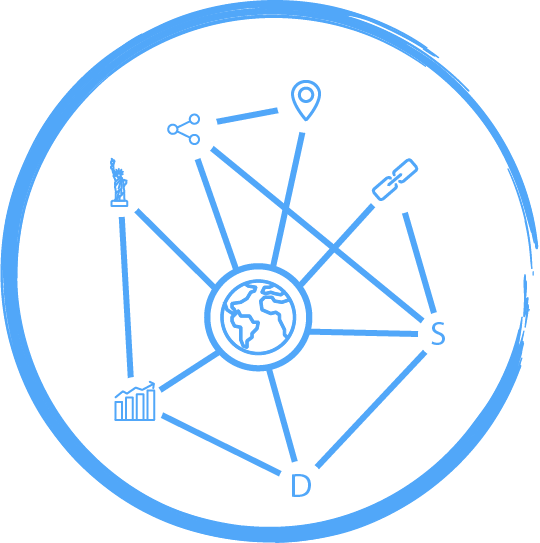Recurrent Neural Networks For Timeseries
Summary
From the closing price of the stock market to the number of clicks per second on a web page or the sequence of venues visited by a tourist exploring a new city, time series and temporal sequences of discrete events are everywhere around us. Understanding them requires taking into account the sequence of values seen in previous steps and even long-term temporal correlations.
Join Bruno Gonçalves to learn how to use recurrent neural networks, a technique originally developed for natural language processing, to model and forecast time series. You’ll also discover the advantages and disadvantages of recurrent neural networks with respect to more traditional approaches.
Program
How the brain works
Optimization
Artificial Neurons
Activation Functions
Backpropagation
Loss Function
Feed Forward Networks
Recurrent Neural Network
Long-Short Term Memory
Gated Recurrent Unit
Keras API
Previous Editions:
Apr 16, 2019 - O’Reilly AI - https://learning.oreilly.com/videos/artificial-intelligence-conference/9781492050544/9781492050544-video324728
Sept 11, 2018 - Strata - https://learning.oreilly.com/videos/strata-data-conference/9781492025856/9781492025856-video322977

